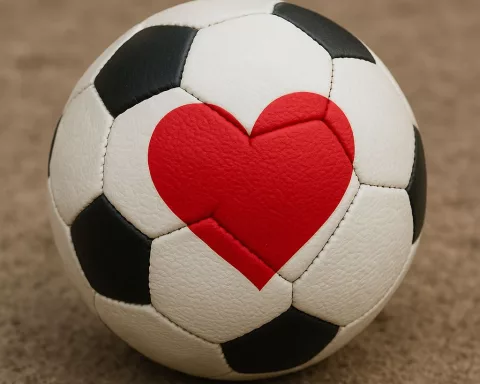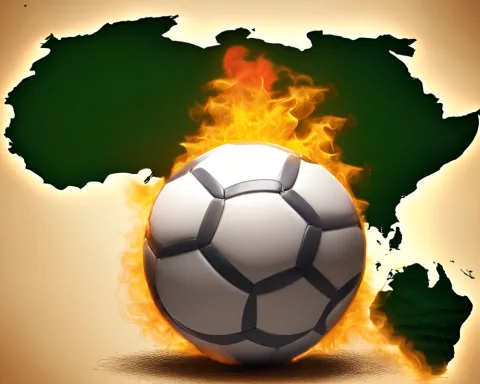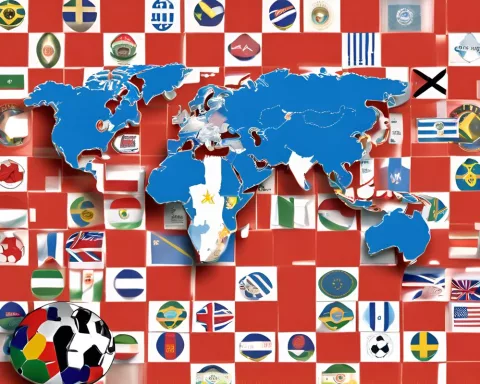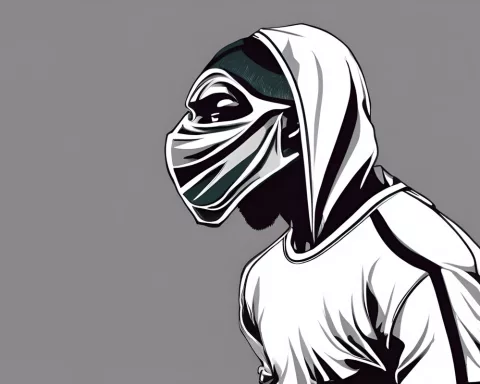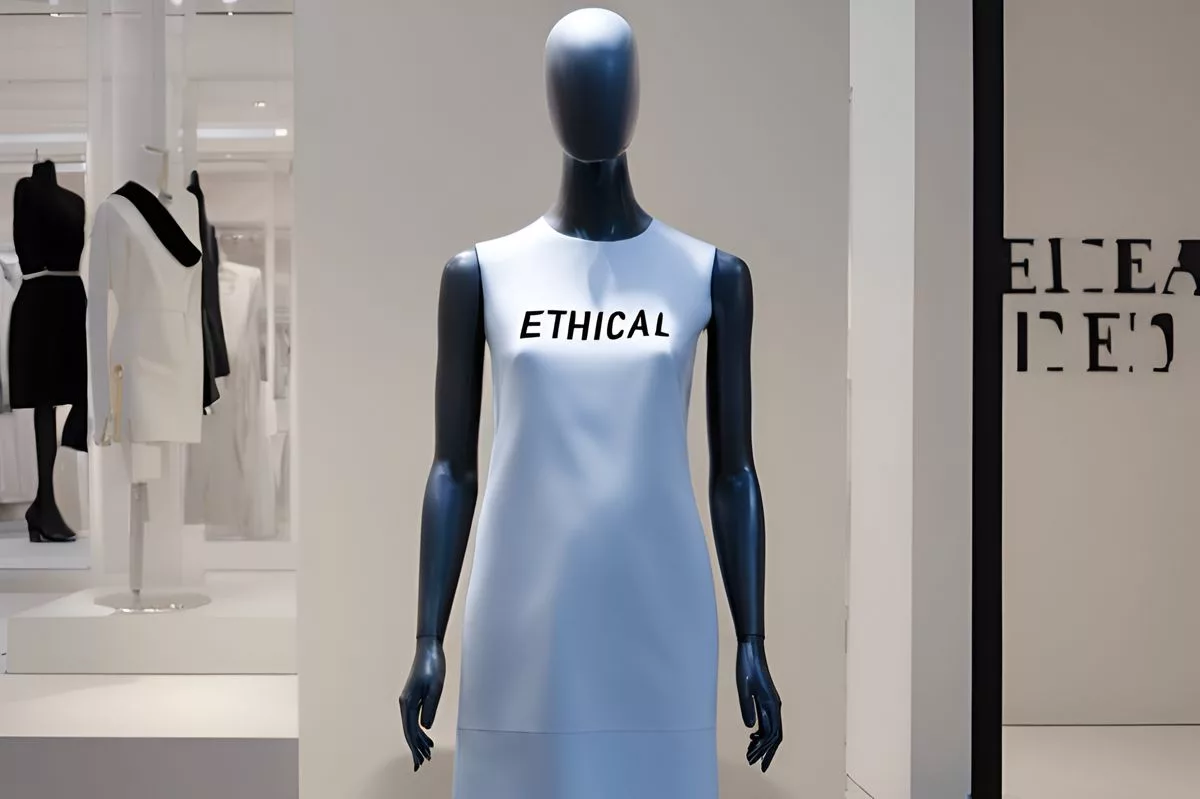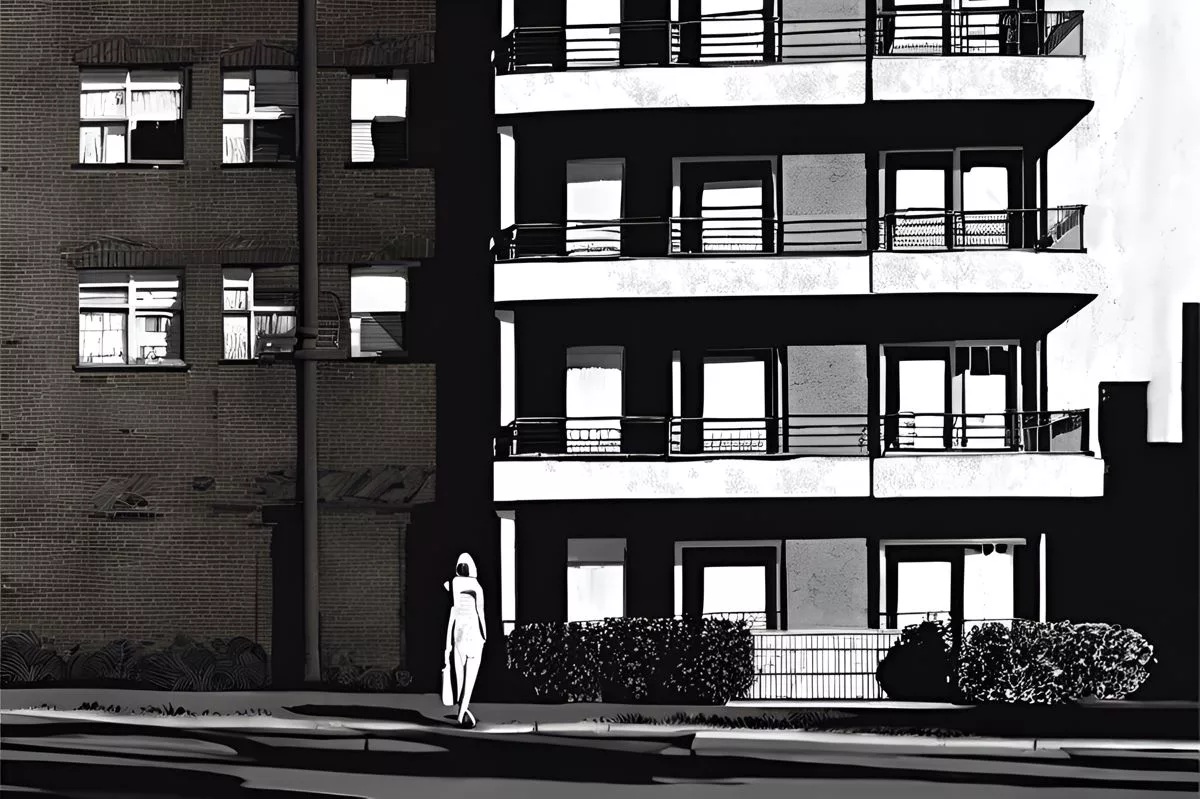The clash between Egyptian football icons Mohamed Salah and Ahmed Hassan has caused a rift in the perception of loyalty and responsibility towards the national team. Hassan, a veteran of Egyptian football, criticized Salah for leaving the African Cup of Nations camp early due to injury, stating that a captain should remain with the team no matter what. Former football star Wael Gomaa echoed these sentiments, pointing out issues in sport’s management. This incident has sparked a broader discussion of player expectations and responsibilities towards national teams and the role of administrative bodies in managing such situations.
What caused the rift between Mohamed Salah and Ahmed Hassan?
Mohamed Salah’s early departure from the African Cup of Nations (AFCON) camp caused a rift with Ahmed Hassan, a stalwart of Egyptian football. Hassan believes Salah should have remained with the team despite his injury, emphasizing the responsibilities that come with the captaincy. Former Egyptian football star, Wael Gomaa, echoed this sentiment and criticized the Egyptian Football Association for not handling the situation better. This incident ignited a broader discussion about the expectations and responsibilities of players towards their national teams and issues within sport’s management.
In the realm of Egyptian football, the names Mohamed Salah and Ahmad Hassan are undeniably prominent. Currently, their paths are diverging, resulting from Salah’s unforeseen departure from the African Cup of Nations (AFCON) camp, causing a rift not only between these two well-regarded figures but also igniting a debate about the ideals of loyalty and obligation towards the national team.
The Veteran’s Perspective
Ahmed Hassan, a stalwart of Egyptian football, holds the remarkable record of 184 international appearances for the Pharaohs at the age of 48. His excitement was palpable when Mohamed Salah, the current captain, joined the recent AFCON tournament in Cote d’Ivoire. However, the early exit of Salah from the camp ignited Hassan’s displeasure, leading him to express his disapproval openly.
Salah, a key player for Liverpool, made an early departure from the camp to seek medical attention for his injured hamstring. The prognosis suggests a recovery period of approximately 28 days. Despite Salah’s physical ordeal, Hassan remained critical of his decision to leave. He questioned, “Are AFCON rules flexible enough to allow a player to exit the national team’s camp and then return?” He proposed that Salah could have arranged for the medical staff from Liverpool to assist him during the tournament.
Hassan’s comments emphasize his firm belief in the responsibilities that come with the captaincy, which, in his view, should be upheld irrespective of personal difficulties. “A captain should remain with his team, even in the most challenging circumstances,” he asserted. He reiterated that the Egyptian national team extends far beyond Salah and that it’s up to the rest of the team to battle for the championship.
The Echoing Sentiments of Another Legend
The former Egyptian football star, Wael Gomaa, mirrored Hassan’s sentiments. He voiced his dissatisfaction with both Salah and the Egyptian Football Association (EFA), perceiving Salah’s early departure as an affront to the Egyptian national team and its rich history in African football.
In Gomaa’s comments, there was a hidden layer of dissatisfaction aimed at the country’s football authorities, whom he believes should share some of the responsibility. “The entire incident was a significant blunder, with everyone involved adding to this unfortunate situation,” he declared, portraying a scene of passive observers as the incident played out.
The Larger Picture: Expectations, Responsibilities, and Administration
This incident ignited a broader discussion about the expectations and responsibilities of players towards their national teams and shed light on issues within the sport’s management. The AFCON tournament, where Egypt advanced to the round of 16 despite failing to register a win in any of their Group B matches, served as a backdrop for these debates.
The experiences of Salah, Hassan, and Gomaa provide a unique lens through which we can view the multifaceted world of professional football. They highlight the delicate balance between a player’s physical wellbeing and their national duties, as well as the critical role administrative bodies play in managing such circumstances. These themes resonate universally in the sporting world, transcending the borders of Egypt and Africa.
What is the African Cup of Nations (AFCON)?
The African Cup of Nations (AFCON) is a biennial football championship contested by national teams from Africa. It is organized by the Confederation of African Football (CAF) and has been held since 1957.
How many international appearances does Ahmed Hassan have for the Egyptian national team?
Ahmed Hassan holds the remarkable record of 184 international appearances for the Pharaohs, making him the most capped African player of all time.
What is the role of the captain of a national team?
The captain of a national team is responsible for leading the team on and off the field. They are expected to be a role model for their teammates and to uphold the values and traditions of their country’s footballing heritage.
What is the broader discussion sparked by the incident between Mohamed Salah and Ahmed Hassan?
The incident between Mohamed Salah and Ahmed Hassan sparked a broader discussion about the expectations and responsibilities of players towards their national teams, as well as the role of administrative bodies in managing such situations. It highlighted the delicate balance between a player’s physical wellbeing and their national duties and brought to light issues within the sport’s management.
How did Wael Gomaa respond to the incident between Mohamed Salah and Ahmed Hassan?
Former Egyptian football star, Wael Gomaa, echoed Ahmed Hassan’s sentiments and criticized both Mohamed Salah and the Egyptian Football Association (EFA) for their handling of the situation. He perceived Salah’s early departure as an affront to the Egyptian national team and its rich history in African football and felt that the EFA should share some of the responsibility.
What is the significance of the African Cup of Nations tournament in this incident?
The African Cup of Nations tournament served as a backdrop for the incident between Mohamed Salah and Ahmed Hassan and provided the context for the broader discussion it sparked. Despite Egypt’s lackluster performance in the Group B matches, they advanced to the round of 16, highlighting the importance of teamwork and perseverance in the face of adversity.


